For many of us, the past 18 months have impacted the way we spend our time in one way or another. Whether it has served as a reminder to slow down, enjoy life in the moment more, or simply to carve out some more “me time,” we spoke to five wellness experts about their favourite moments in the day and how their approach to time may have changed.
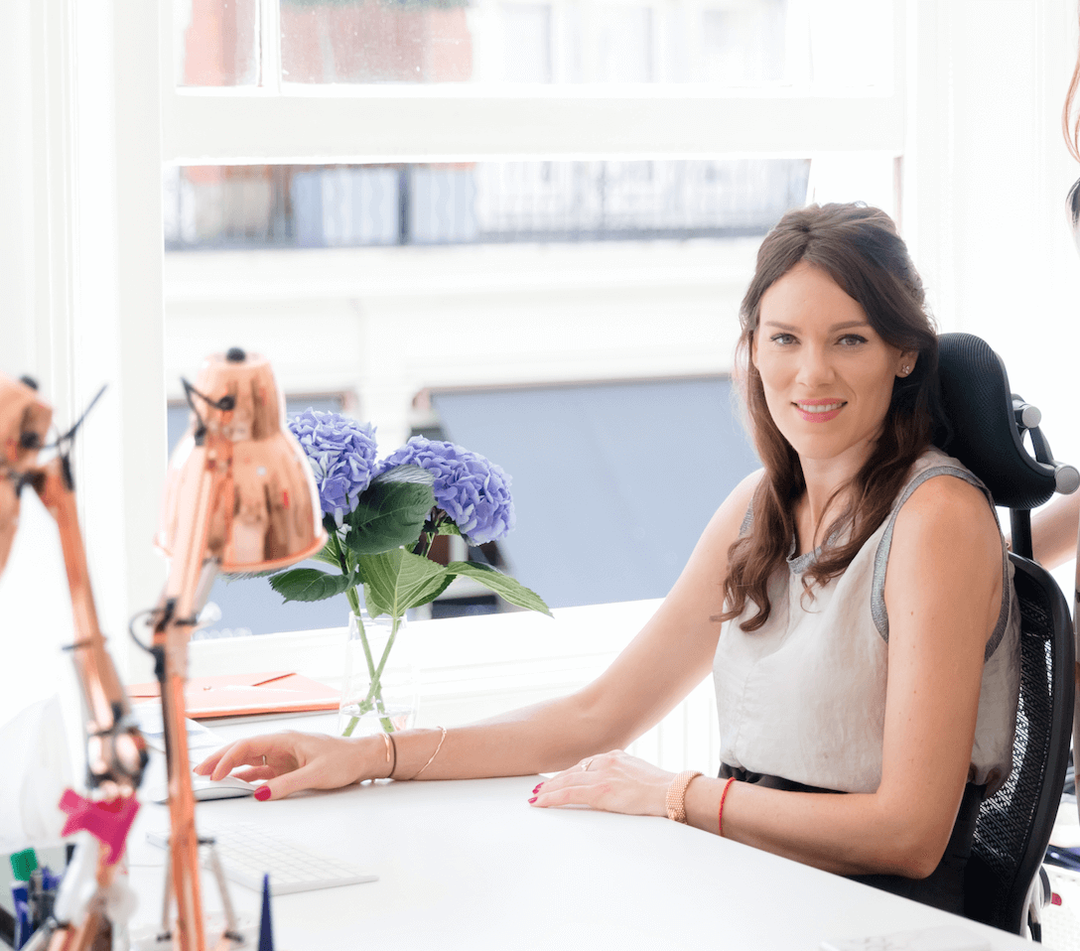
Alice Mackintosh, Nutritional Therapist and Founder of Supplement Brand Equi London
I always say to my clients that though you can attempt to 'do it all’ (looking after kids, working, socialising, working out, travelling, whilst finding time for self-care and rest) it is really difficult to do it all well, and your health can end up taking a back seat as you feel you're being spread too thin. I certainly feel that way now as I navigate juggling motherhood (I gave birth to my first child at the start of lockdown) with managing my business. Lockdown wiped out the social side of things and as horrible as that was, it did mean we had more time to do everything else. Getting back to fitting in socialising has definitely been a struggle for me (especially as I'm more of a JOMO person than a FOMO person!) but I’m working on bringing back some of that balance into my life, as connectivity really is so important.
I definitely use time as a motivator and pack as much as I can into every minute. However, one thing I have learned to do over the last few months is to really try to live in the moment and not constantly look ahead to what might be around the corner, especially with things I cannot control. I’m getting much better at switching off in the evenings whether that be for an Epsom salt bath, to read in bed or indulge in some self-care - a facial or some meditation. It’s the only time I really get to myself and I like to savour it.
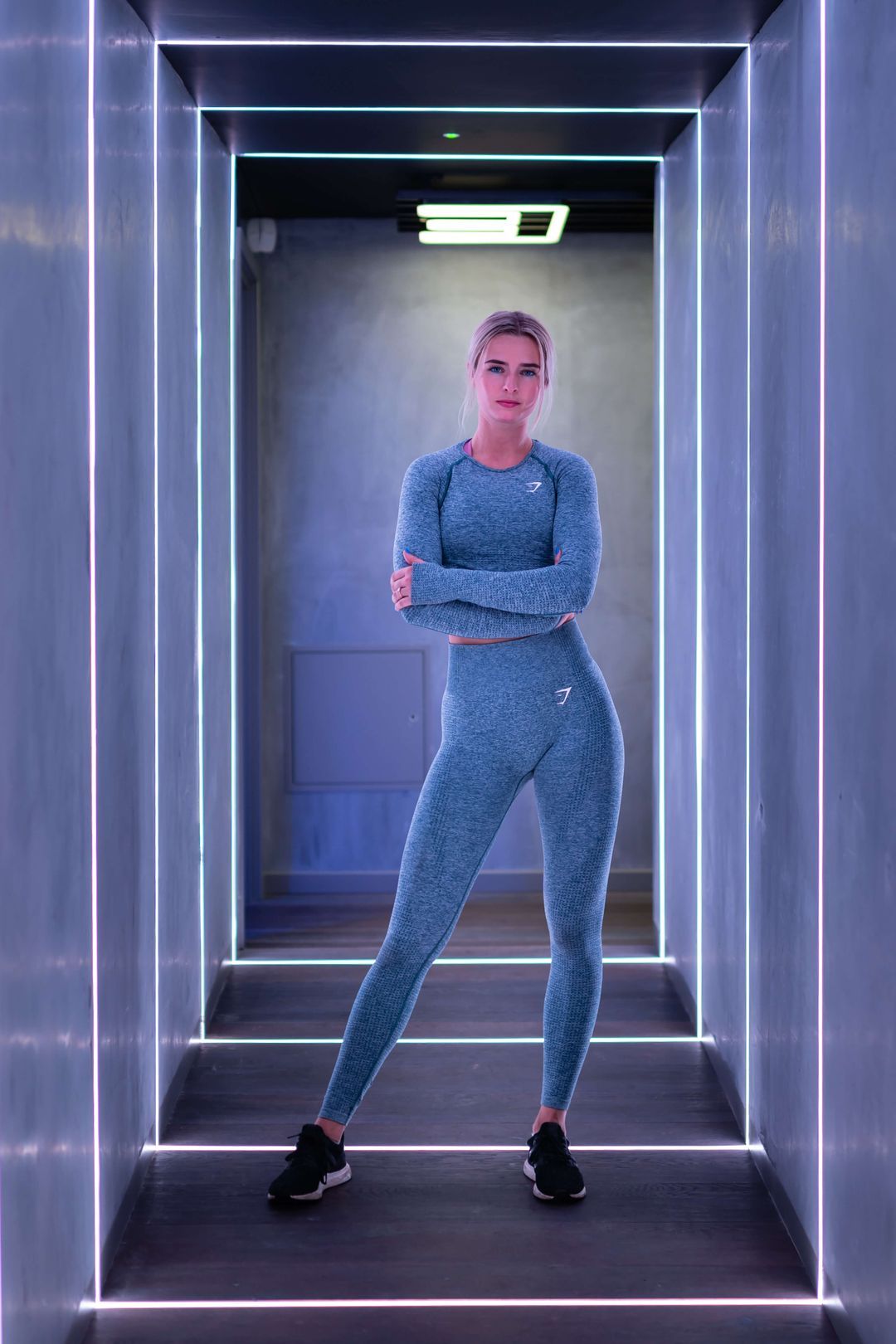
Personal Trainer Maiken Wrighton
I don’t enjoy working under stress so I always get up earlier so I can do things slower. But since the pandemic, I’ve been better at accepting free time. I used to feel guilty for not doing anything, when in fact that’s exactly what I should be doing. I have also given up working on weekends. I want to spend more time with people around me and keeping work separate from weekends has definitely improved my mental health a lot.
My favourite moment in the day is when I have my first coffee in the morning and I’m getting ready for the day, knowing I have at least 45 minutes, listening to a podcast and just doing my little routine.
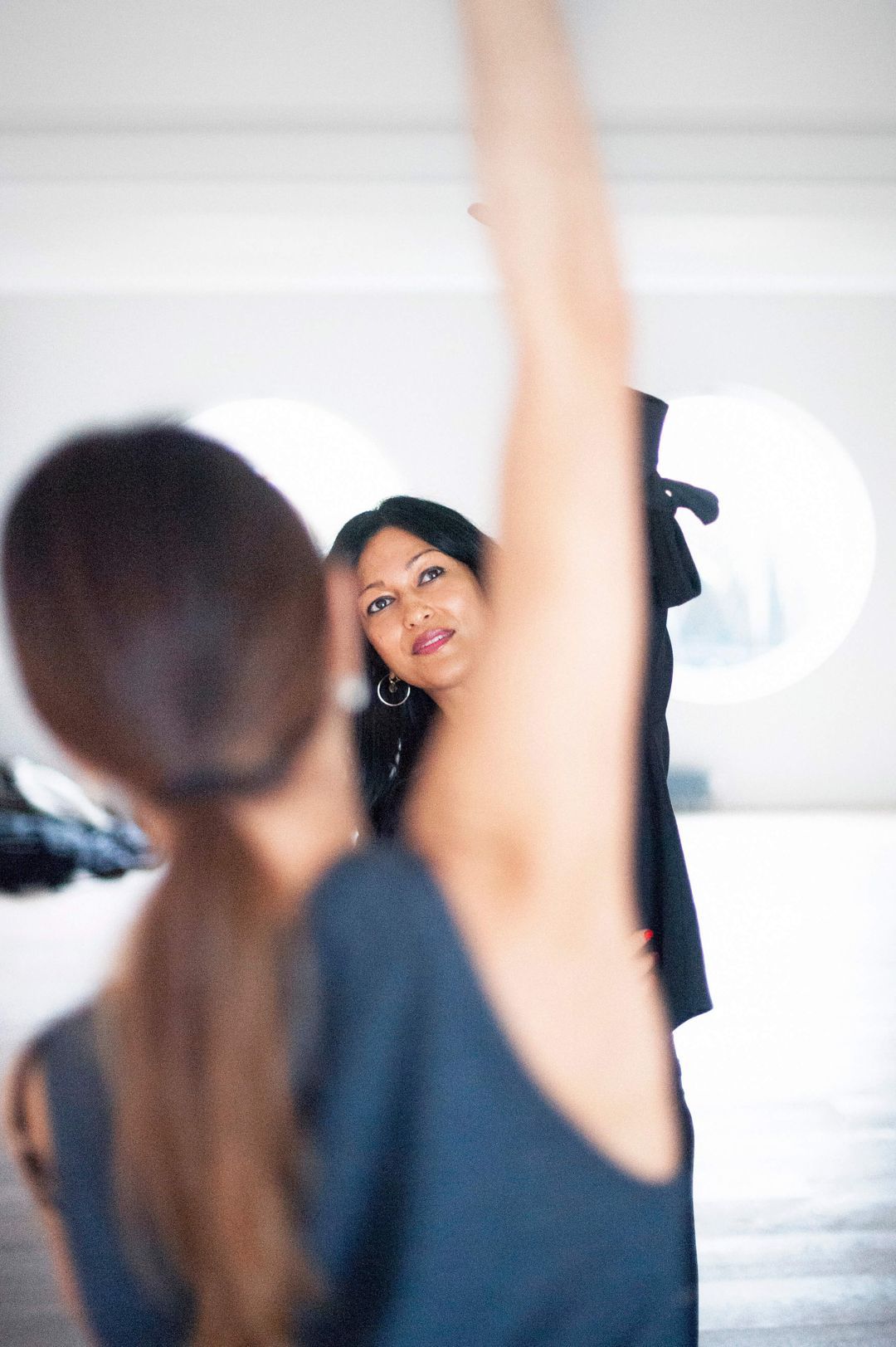
Nahid de Belgeonne, Somatic Movement Teacher and Founder of The Human Method
I have always worked a lot and felt I have to be accessible at all times. Now I have certain hours in the day that I ring-fence for time to eat, exercise and spend time with my family (my husband and two dogs). I never schedule clients into my break times or on the days that I am off because I need to be able to restore myself in between clients.
I used to live in a flat in London and the pandemic changed everything for me. Now I live in a house by the sea with a garden and have more space and time for walking the dogs. I see my first client at 7.30 am, so at 7 am I’m in the garden practising mindful movement and breathing before my working day starts. This is my sacred time. I also love having lunch in the garden with my husband with the sun on our faces. We also make a point of having a late afternoon walk together – I spend a lot more time with him and the dogs than I ever did and we both feel more nurtured than we did when we were running around commuting to work.
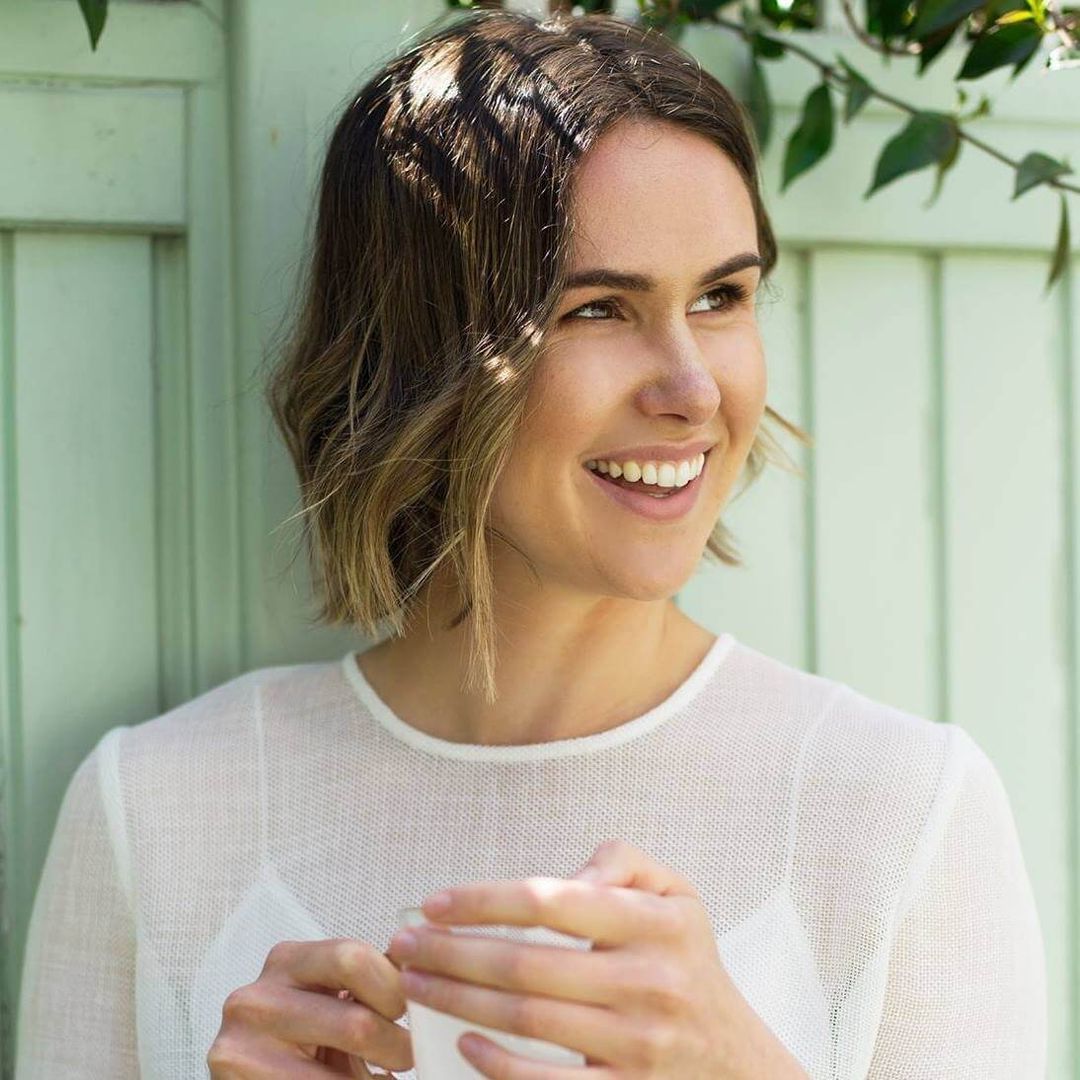
Holistic Health Coach Milla Lascelles
I’m definitely more comfortable living a slower-paced life now. I don’t feel the need to do as much as I used to. I’m an early bird so in the winter I really enjoy getting up before anyone and putting the lamp on or lighting a candle and just having that time as the sun comes up. It takes me time to transition my body clock into the darker months but once I find my routine I’m fine. Getting that morning light first thing is so important for me and how I feel mentally and physically. I love the idea that when light hits the cells in the back of our eyes, it acts as a stimulant. It sends signals to the area of the brain that wakes us up and makes us more alert. Being exposed to an hour of blue light (sunlight is a big source) gives us an alertness boost equivalent to a coffee.
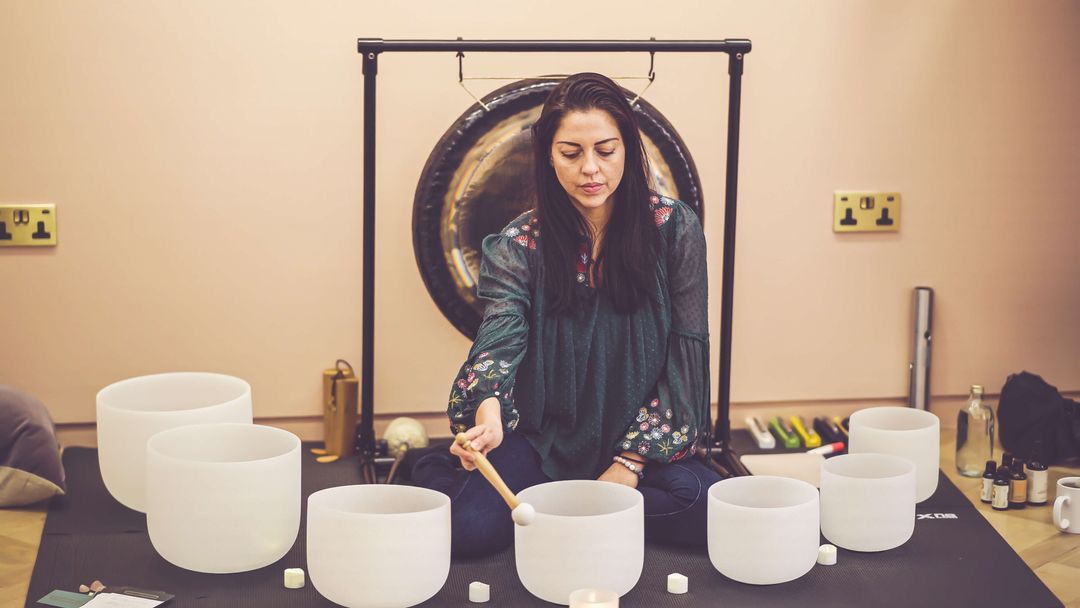
Jasmin Harsono, Wellness Guide and Founder of Emerald & Tiger
The way I work has definitely evolved and shifted. Before the pandemic with running my own business, I would be available every day. Now, I have set clear boundaries saying no to a lot of work that doesn’t feel meaningful or aligned. Overall, I am more conscious of time and have created space for work that truly lights me up. As a result, I am working less and feel more productive.
I switch between early mornings and late nights depending on what I’m working on and what season we are in. As an intuitive, creative, and writer, I love being out in nature in the early morning and equally enjoy the still of night once everyone has gone to bed. These are moments in the day when I can tune in and feel connected with my work.
Other articles you may like:
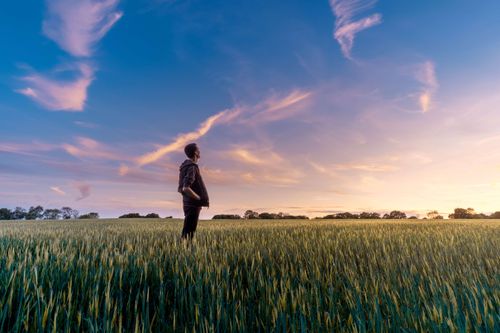 Lifestyle
Lifestyle10 Things That Are (Relatively Free) and Easy to Do to Support Your Immune System
With health concerns mounting over potential exposure to COVID-19 or risk of chronic inflammatory diseases, there is a lot of interest in supporting your immune system.
Read full article 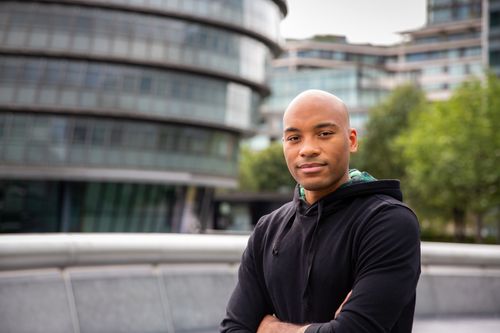 Lifestyle
LifestyleEnsuring Work Life Balance and Getting Over Covid-19
Christian Facey is the co-founder of successful tech scaleup AudioMob. We discussed how he builds his work-life balance and how losing his sense of smell led to him building healthier eating habits.
Read full article 




